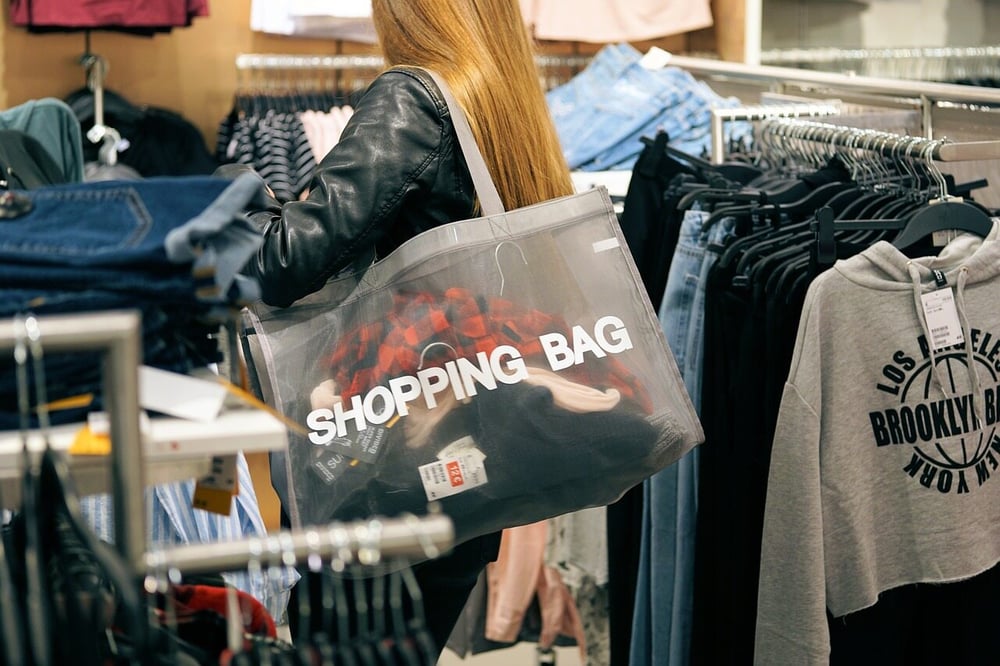2 minutes

US retail returns hit a high and fraud runs riot
December 31, 2024
An increasing use of aids like sizing tech and data-driven buying may be helping consumers make more informed purchase decisions and putting what they want in front of them, but they continue to return a large percentage of the goods they buy to stores and worse still, returns fraud is on the rise.

That’s the conclusion of a new US report from Appriss Retail (which provides data and analytics solutions for reducing retail losses and combating return and claim fraud) and Deloitte.
Total merchandise returns for the past year reached $685 billion, representing 13.21% of total retail sales, which amounted to $5.19 trillion in 2024, according to the report.
The company said it supports one-third of all US omnichannel sales across 150,000 retail locations and serves 60 of the top 100 US retailers, so it has a pretty strong insight into what’s going on.
It used its own data for the study, as well as the US Census Bureau, and a Retail Dive survey of 150 retail executives and 1,000 consumers.
And the report says fraudulent returns and claims resulted in a $103 billion loss for retailers in 2024. A chunky 15.14% of all returns were deemed ‘fraudulent’ — that is, the customer tried to return an item to a retailer for a refund, knowing it didn’t qualify funder the store's returns policy.
Retailers have been tightening up their policies to combat such fraud but “the problem remains prevalent” and fashion is clearly a big part of this.
The study said 60% of retailers surveyed reported incidents of ‘wardrobing’, when consumers buy an item, use/wear the merchandise, and then return it.
Appriss said 55% of the retailers cited cases of returning an item obtained through fraudulent or stolen tender, such as stolen credit cards, counterfeit bills, gift cards obtained through fraudulent means or fraudulent checks. And 48% of retailers faced occurrences of returning stolen merchandise.
Michael Osborne, Appriss CEO, said stricter returns policies are understandable but “the reality is that they are finding [these] policies are not reducing the returns fraud they face.”
He believes an “AI-powered, data-driven approach to loss prevention can reduce fraud and keep consumers loyal”.
Copyright © 2025 FashionNetwork.com All rights reserved.










